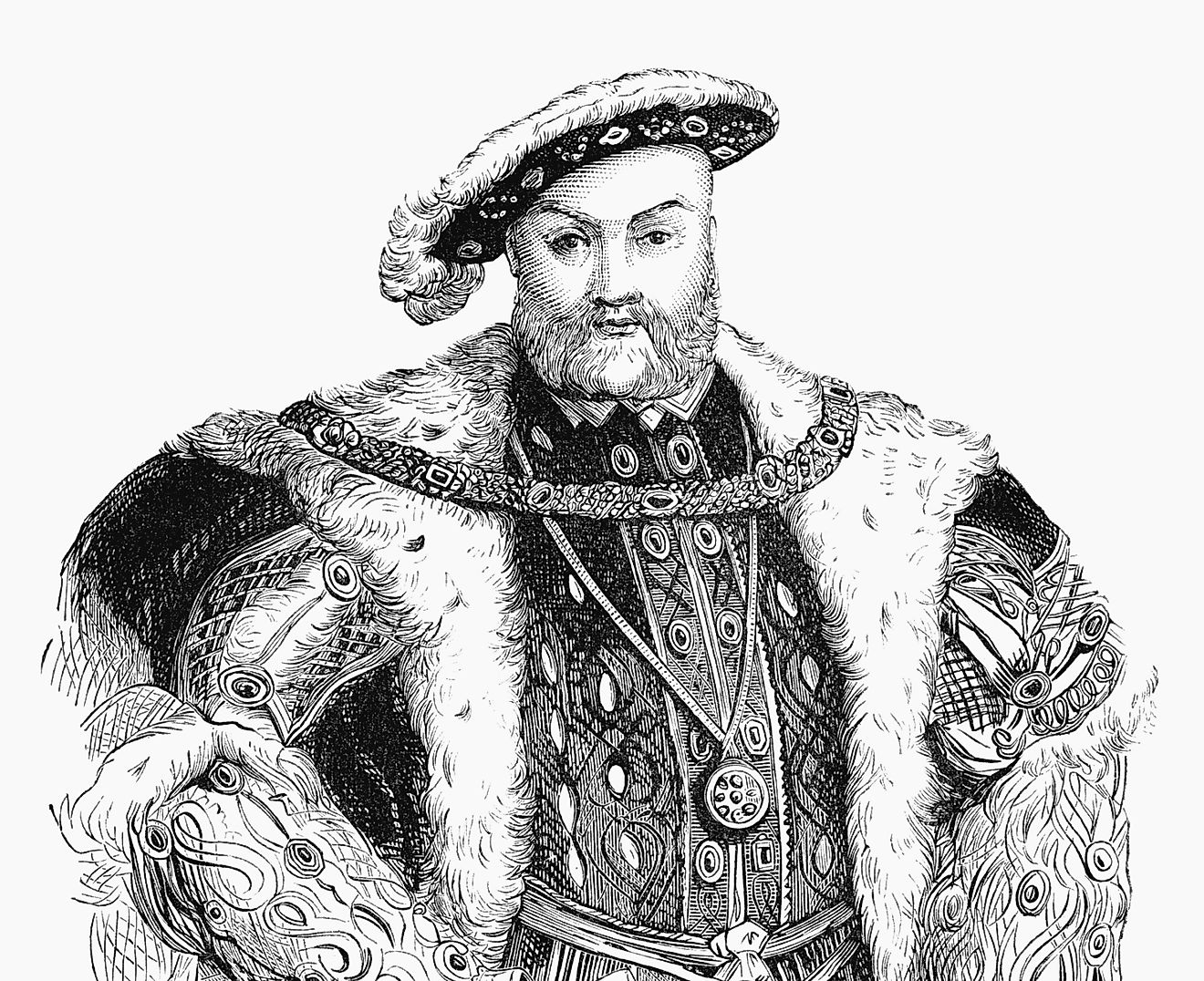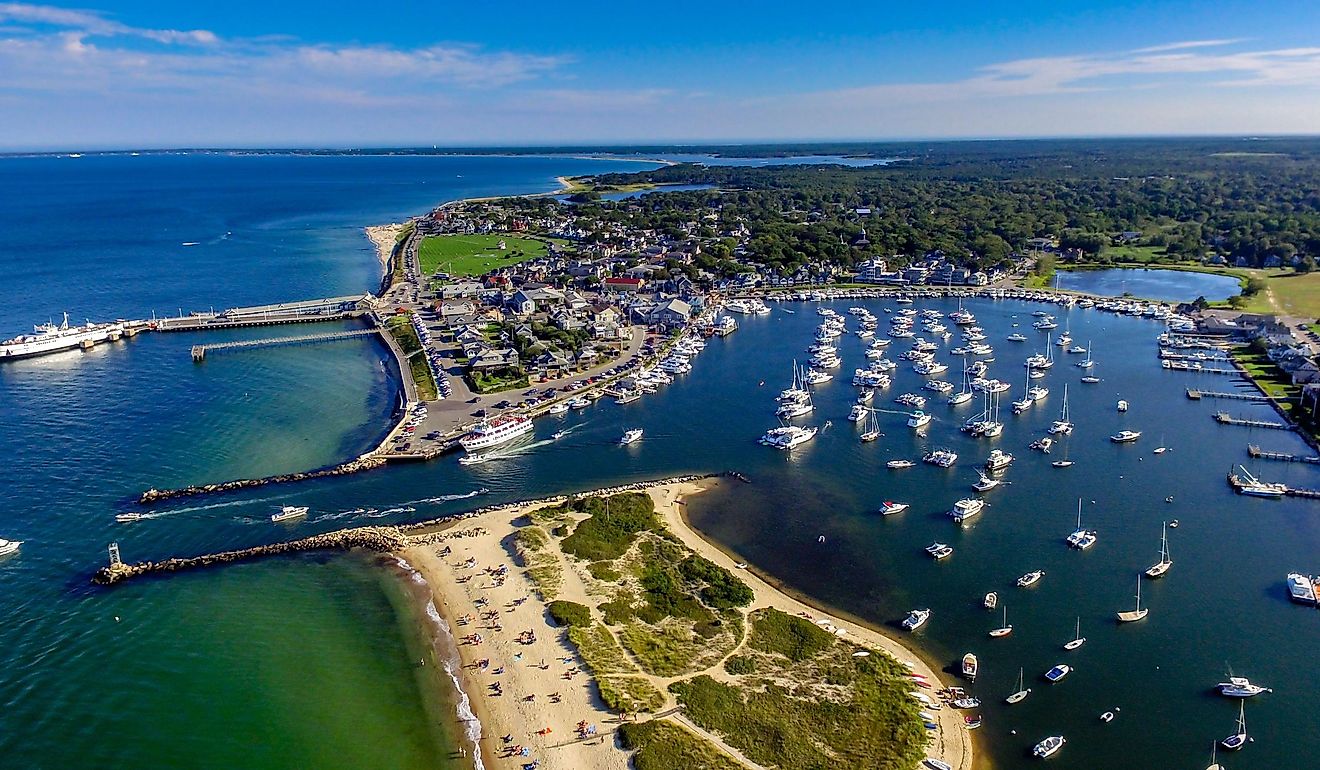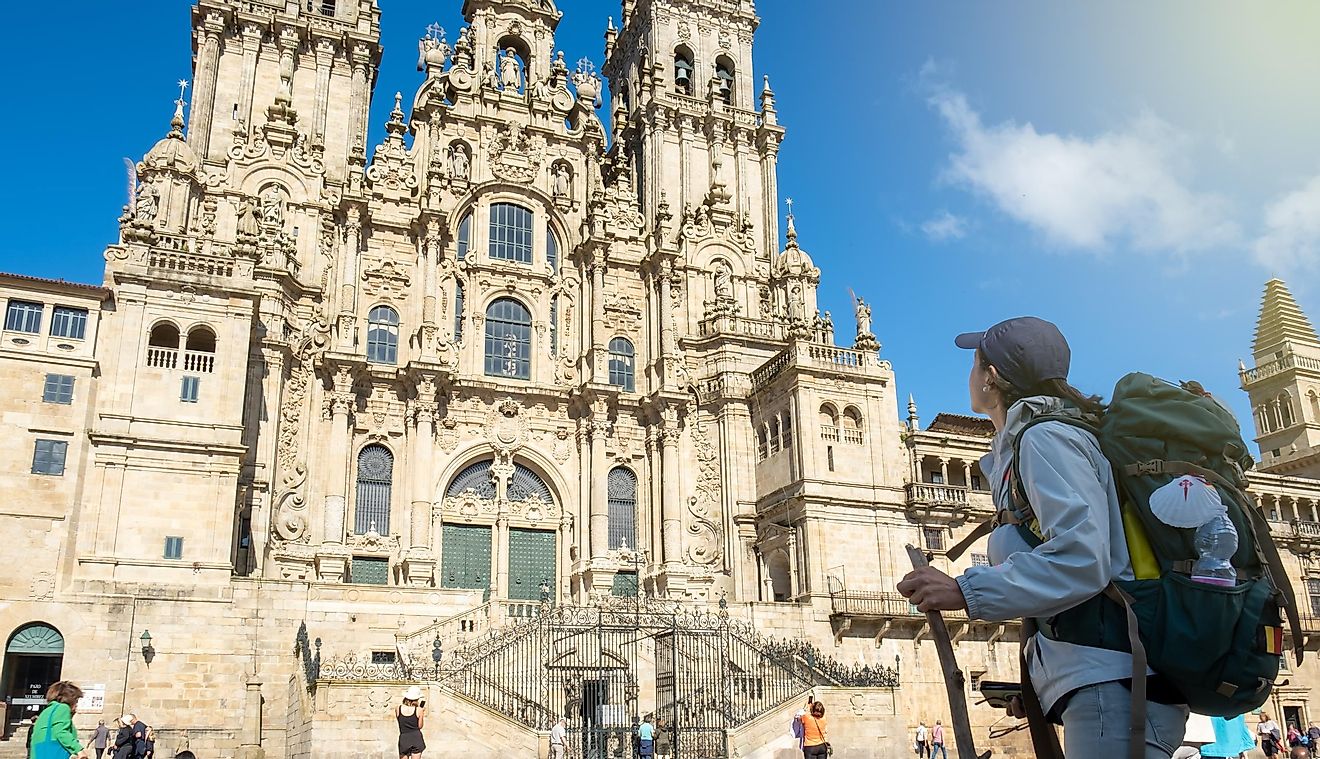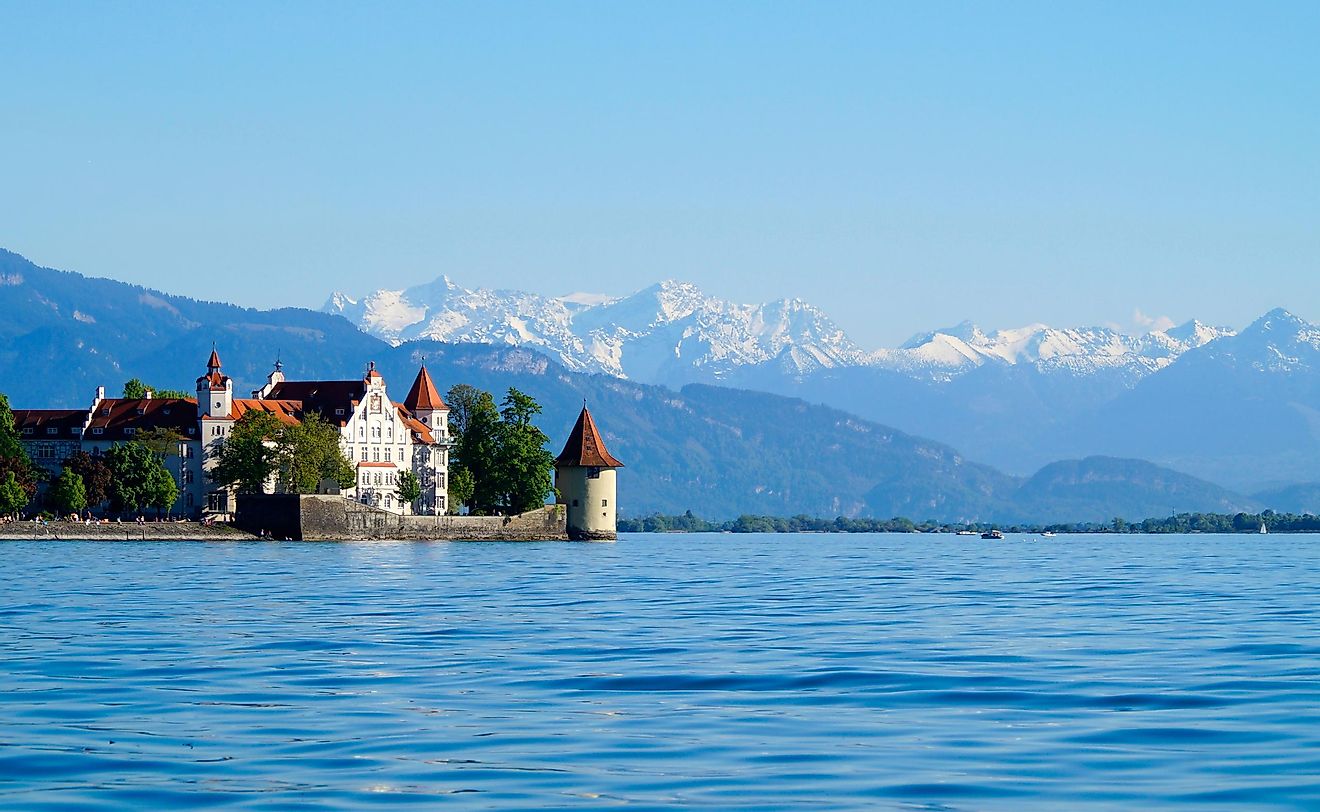King Henry VIII of England - World Leaders in History

5. Early Life
Henry VIII was born on June 28th, 1491 at the royal residence in Greenwich Palace. He was the son of King Henry VII of England and Elizabeth York. He was their second oldest son to have survived infancy. Ever since he was two years old, he was appointed to a series royal positions, including Constable of Dover Castle, Lord Warden of the Cinque Ports, Earl Marshal of England, Lord Lieutenant of Ireland, Duke of York, and Warden of the Scottish Marches. He became a member of the Order of the Garter as well, which was the highest order of chivalry in England. From an early age, he received a top class education from leading tutors of his time. He was fluent in Latin and French, and also spoke some Italian.
4. Rise to Power
Henry's older brother, Arthur, was expected to take the throne, and was trained to become the king his whole life. Arthur married Catherine of Aragon when he was 15. Catherine was the daughter of the Spanish King and Queen, Ferdinand II of Aragon and Queen Isabella I of Castile, and Arthur's marriage was part of his father's strategy to form a strong alliance between England Spain. Unfortunately, Arthur died several months after his marriage and Henry, then 10, was left as the next in line to the English throne. Hoping to keep the family alliance, Henry was ordered by his father to marry his brother's widow, even though Henry himself was never fond of the decision. After Henry VII died on April 21st, 1509, Henry, at the age of 17, became King of England. His wedding to Catherine was held two months thereafter.
3. Contributions
During Henry VIII's reign, he issued a wide range of reforms in the realms of politics, religion, and military. He successfully took power away from the nobles and increased power of Parliament and monarchy, moving England from a feudalistic system to that of a more modern state. He also dissolved the monasteries and decreased their power, through which he created new land schemes and property ownership positions. In terms of religion, Henry VIII launched the most radical change of his era as he led the religious reformation in England, and changed the nation's religious practices from conforming to Roman Catholicism to a Protestant practice in the form of the Anglican Church. He downplayed the power of the Roman Catholic Church in England, and established Church of England in 1534, which he made himself head of. He also made many important military developments. The English navy developed tremendously under the reign of Henry VIII, and the navy later played an important role in England's successes in attaining global maritime supremacy.
2. Challenges
Though Henry was raised as a Catholic, his unhappy marriage to Catherine and his inability to divorce her due to resistance from the Roman Catholic Church forced his hand in the decision to cut England's ties with the Roman Catholic Church. Both the divorce and his decision to cut ties with the Roman Catholic Church were met with great outcry and discontent, both within his own government and that of the Holy Roman Empire. Henry VIII, however, disregarded all of those voices and declared himself as Supreme Head of the Church of England in 1534. He executed several of his former Catholic cardinals in the name of treason. At the same time during his reign, England was constantly at war with France and Scotland, and was unable to decisively defeat them.
1. Death and Legacy
Henry VIII died on January 28th, 1547, at the age of 55, in London. He had long suffered from obesity and what was likely untreated Type II diabetes. He is among the most well-known kings of England, in part because of his scandalous personal life. He married 6 wives and executed 2 of them. His divorce to Catherine brought the most fundamental religious change in England, and has been a popular theme in cultural productions up to the present day. He turned England into a Protestant nation and a modern one. England's military, especially its navy, developed considerably under his reign, paving the way for England's later global hegemony. His lavish spending and long periods of monetray mismanagement, however, and left the kingdom and his family, respectively, with personal and national financial problems.







